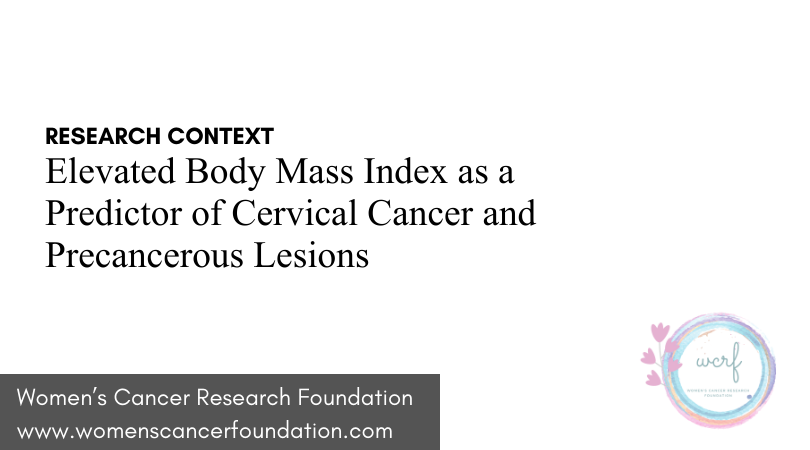Use of Beta‐Blockers and Risk of Contralateral Breast Cancer
- Women's Cancer Research Foundation

- Mar 25, 2022
- 1 min read

There has been some speculation that beta-blockers (a class of medication to prevent heart disease) possess anti-cancer properties. Hence, researchers endeavored to retrieve epidemiologic evidence in relation to contralateral breast cancer (the emergence of a new breast cancer on the opposite side of the initial breast cancer) and published their findings in the International Journal of Cancer.
Among the 1,444 identified women with contralateral breast cancer, 209 women had a history of beta-blocker use.
The investigators used a nationwide Danish health registry and the Danish Breast Cancer Group database, which included 52,723 women with breast cancer. They evaluated the patients in terms of their post-diagnosis beta-blocker use and risk of contralateral breast cancer. Among the 1,444 identified women with contralateral breast cancer, 209 women had a history of beta-blocker use.
Overall findings did not indicate that beta-blocker use provided a protective benefit.
The study results indicated that for beta-blocker use, the risk of contralateral breast cancer did not vary substantially according to cumulative amount, intensity, or selectivity of beta-blocker use. Consequently, the overall findings did not indicate that beta-blocker use provided a protective benefit with regard to the risk of contralateral breast cancer, irrespective of beta-blocker type.
About Women’s Cancer Research Foundation
The Women’s Cancer Research Foundation (WCRF) is one of the most active research organizations in the nation. We are dedicated to studying and evaluating novel treatments for women afflicted with breast, ovarian, endometrial, and cervical cancers. The WCRF persistently endeavors to make a difference in women’s lives by offering them hope, strength, and progress.
Laguna Beach, CA 92651
PH: (949) 642-5165
Follow Us On Social Media:








Comments